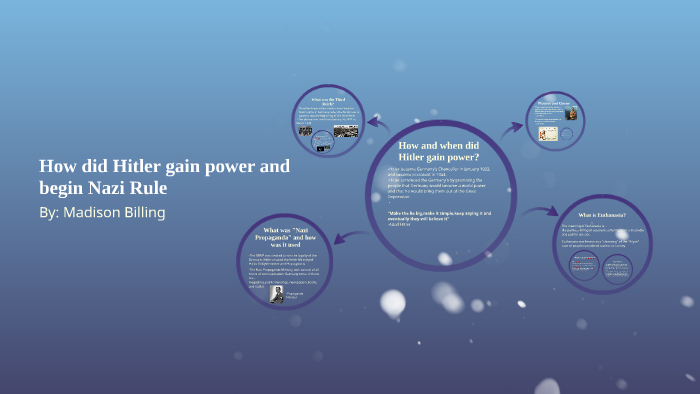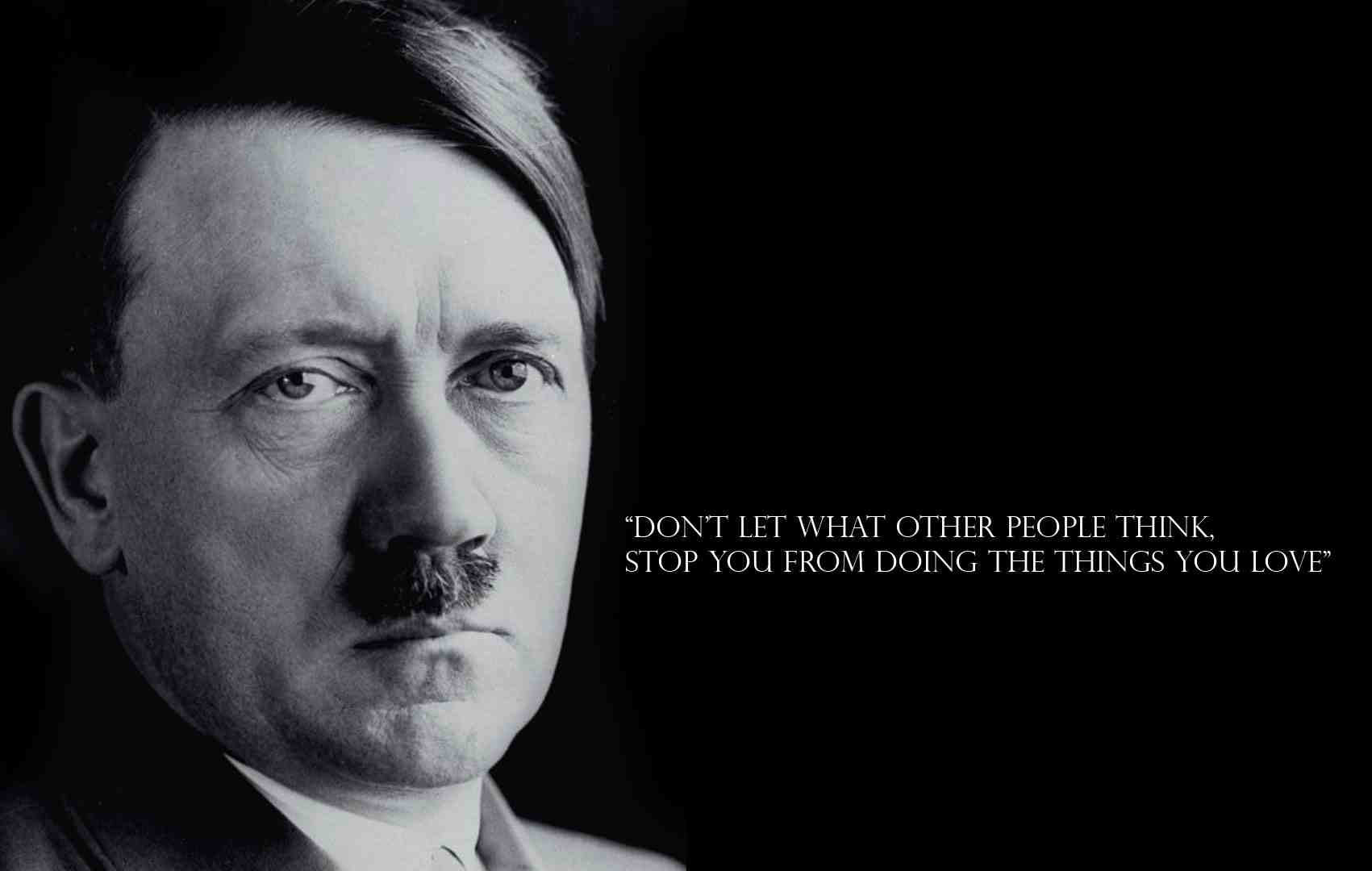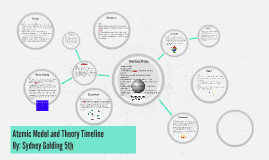
You can follow this by insisting others share your beliefs. Protestant Oliver Cromwell’s hatred of Catholics provided him with such a scapegoat during his Protectorate, while Adolf Hitler first took to hating Jews on joining the German Workers Party and took that hatred with him, shaping it into his “Final Solution” that led to the death of some 6 million Jews.

Personal prejudices are a great place to start, particularly when you need a scapegoat to turn others’ hatred toward and away from you. If you want to become a great dictator, look at your belief system and what you can take from it to oppress your future subjects with. Most of the great dictators of history, and many of the not-so-great, are remembered for their personal peccadillos and odd beliefs that set them apart from others. Studies published in the magazine ‘’Psychological Science’’ in 20 show that people who thought of themselves as well-off became more self-centered and less able to see things from others’ point of view.ģ. Getting your first taste of power helps you detach yourself emotionally from your future subjects. To be an effective dictator, you have to love yourself, because you can’t be sure anyone else will. Josef “Man of Steel” Stalin and Saddam Hussein were noted for their narcissistic behavior, as were many other strongmen throughout history. The 1971 Stanford Prison Experiment, in which students were chosen to be either “prisoners” or “guards,” had to be stopped within a week because the “guards” took to abusing the “prisoners.”Ģ. Sometimes, being assigned to a position of power is enough to become a dictator. Once the desire for power is implanted, it leads to developing a plan to get that power, and then to developing a plan to get more power. No self-respecting despot comes to power without having some sort of desire for power in the first place. If you have the burning desire in your heart to put others under your thumb and keep them there as slaves, there are some paths that are more likely to becoming all powerful.ġ.Crave power. These and many others throughout history rose to power over their people, subjugating the populace. Dictators who remain in power usually do so until they are killed or removed through violent opposition. They use censorship to control the flow of information so as to maintain power. Dictators also use their leadership skills to persuade the masses to believe their agendas. For example, Hitler blamed the Jews for Germany’s problems and justified his actions during the Holocaust by using propaganda aimed at vilifying the Jews.

Dictators often manufacture an external threat in order to gain control over the state and appear as the people’s only salvation. One thing all these dictators have in common is that they were able to maintain political power by using violence and propaganda. Some of the most well-known dictators in history include Fidel Castro, Saddam Hussein, Kim Jong-il and Adolf Hitler. Once in power, dictators typically do not call themselves dictators but instead choose to refer to themselves as presidents, prime ministers, chancellors or monarchs. In contrast, governments like the United States, which feature a system of checks and balances, never let one branch dominate the others. Some government systems, primarily those with unequal branches of power, make it easier for dictators to emerge.

They offer messages of hope and strength during hard times, and emerge confident and hopeful. Dictators then outline plans for improvements, which are implemented when they gain power.ĭictators use quite a bit of psychological sway to attract the attention of voters. They criticize governments for actions such as spending too much money, causing economic troubles, increasing taxes and other national policies that impact citizens. During times of war, dictators often sway the public by providing plans for rapid defeat of enemy troops.ĭictators will also sometimes play on the perceived weaknesses of government officials to attract support. Dictators see weaknesses in national plans, and propose convincing alternatives for making changes. Sometimes, weak or corrupt internal national policies on economy and policy facilitate the rise of dictators to power. Similarities to our present political climate gives cause for fear!!


 0 kommentar(er)
0 kommentar(er)
